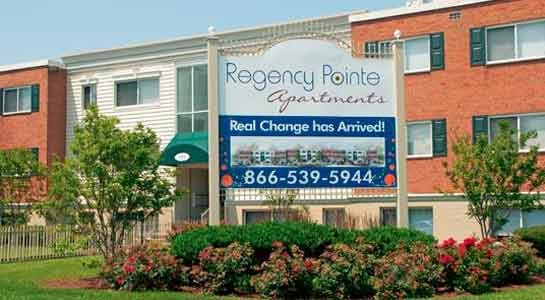Bobby Turner was born and raised in Baltimore, so when it comes to developing affordable workforce housing in nearby Prince George’s County and across the nation, the successful businessman isn’t just passionate.
“I’m fanatical,” he said.
Bobby Turner
Through his California-based Turner Multifamily Impact Fund, an innovative social impact investment fund designed to address the critical shortage of affordable workforce housing across the country, Turner has announced the first acquisition, Regency Pointe, a 599-unit garden-style apartment community in Prince George’s County.
Plans are to preserve Regency Pointe as affordable for workforce households earning up to 80 percent of the area’s median income.
Turner says his firm will enrich the property with innovative resident-focused programs, environmentally responsible practices and institutional-quality property management operations.
Located in Forestville, Maryland, the property offers a lower-cost housing alternative for people who work in the D.C. metro area, and currently has approximately 1,300 residents.
“One of the most important lessons I’ve learned throughout my career is that making money and creating positive social change do not need to be mutually exclusive,” Turner said. “We founded Turner Impact Capital on the principle that market-driven solutions can be applied and scaled to address many of today’s most pressing societal issues in ways philanthropy and the government cannot.”
As with his other properties, Turner says he will seek out schoolteachers from charter schools his company is involved with, law enforcement officers, nurses and other blue- collar workers. In some cases, he will offer them apartments free of charge in exchange for certain services.
“The teacher would give one night a week for training, the officer would provide one night of security for the neighborhood,” he said.
Residents will include professionals who earn too much to qualify for subsidized housing, but not enough to afford higher cost apartments or home ownership in the communities near where they work.
“Workforce housing is an overlooked segment of the real estate market with a significant mismatch in supply and demand that we believe offers a compelling investment opportunity,” Turner said. “For nearly 20 years, we’ve proven that investing in ethnically diverse communities with a mismatch in supply and demand for local services can generate strong financial returns, while benefiting local communities and facilitating positive social impact.”
The company will seek to maintain the workforce-housing status of the properties it acquires, while making physical and management upgrades to improve operations and the quality of life for its residents.
Turner also plans to roll out education, healthcare and security programs for residents and communities, such as after school tutoring, employment assistance, community health and well-being services and neighborhood watch programs.
“Being driven by profits doesn’t mean I have to drive up the price of rent,” Turner said. “You can be creative, innovative and think outside of the box. The stakeholders will support and patronize the property by doing these things.”
Turner pointed out that the recent unrest in places like Baltimore and Ferguson, Missouri is a result of lost hope, something that shouldn’t be.
“You can’t have people spending 50 percent of their income on rent and a lack of educational and professional opportunities. It leaves them without hope that they can no longer envision the American Dream, “Turner said.
He says that eventually he plans to build more units in Maryland as well as work to improve charter school laws here.
If for no other reason, Turner said it’s personal— “My mom is there in Baltimore,” he said. “So, I have to make my investors proud and I have to make my mother proud.”

